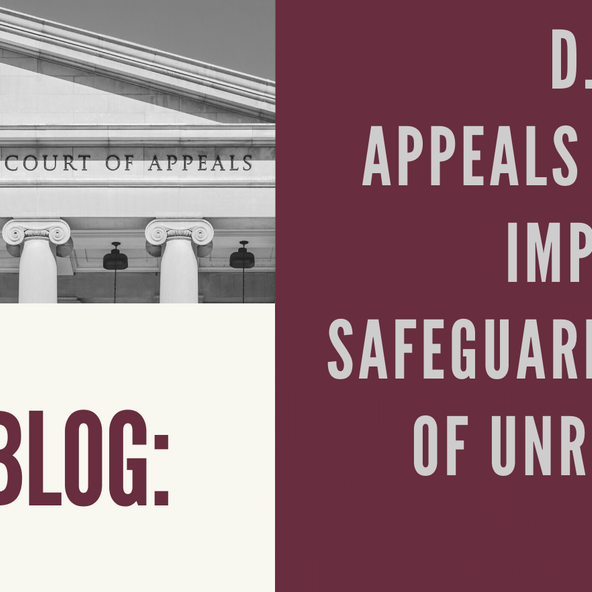
The D.C. Court of Appeals recently issued an opinion that protected the constitutional right to a jury trial in eviction cases and reinforced judges’ affirmative duty to provide appropriate accommodations for unrepresented litigants.
This case concerned the rights of a tenant who was unrepresented at her initial hearing in an eviction proceeding. At this hearing, a date for trial was set. Shortly before the trial date, the tenant obtained counsel. Counsel promptly moved for a continuance and filed a demand for a jury trial. The trial court denied the request for a jury trial on the grounds that the tenant had waived this right by failing to demand a jury trial at her initial hearing.
The D.C. Court of Appeals reversed this decision and remanded for a new trial. In doing so, it highlighted the importance of safeguarding the rights of unrepresented litigants and recognized the importance of preserving the right to a jury trial in the eviction context, which poses “grave potential consequences” for tenants. While the Landlord and Tenant Branch Rules require parties to request a jury trial by the date of the first appearance, the court may extend this deadline for good cause. This case makes clear that this good cause standard is met when a tenant is unable to obtain legal counsel.
This decision recognized the special obligations of judges with regard to unrepresented litigants. As the court explained “[t]here is a need to be flexible in addressing the continuing problem of indigent civil litigants’ inadequate access to legal representation.” The court also cited provisions from the Code of Judicial Conduct, which provides that judges have an “affirmative role” in making “reasonable accommodations that help litigants who are not represented by counsel to understand the proceedings and procedural requirements.” In declining to either inform the tenant of her right to request a jury trial or to refer her to available resources, the judge presiding over the initial hearing failed to fulfill this role.
All too often, procedural and informational barriers prevent unrepresented litigants from having their voices heard. This decision serves as an important reminder of judges’ affirmative duty to reduce those barriers to achieve a fairer process.




